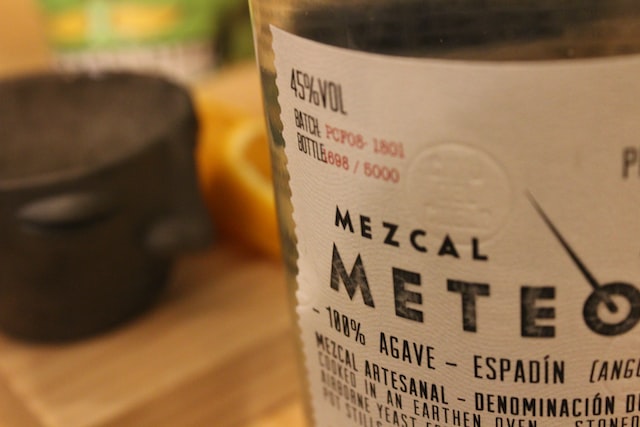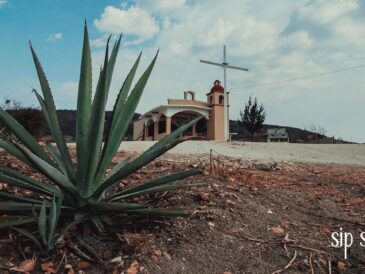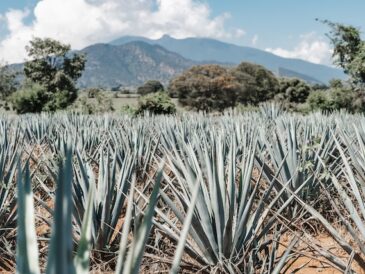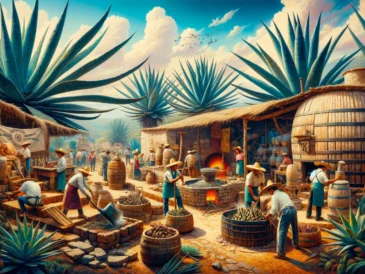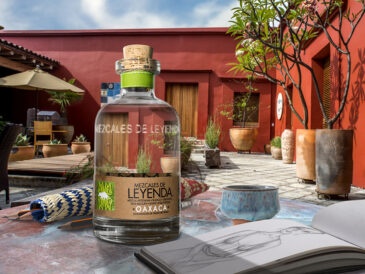Mexican mezcal is a unique and cultural spirit that embodies a rich heritage and a captivating production process. Each bottle of mezcal has its own story, from the agave plant selection to the handcrafted production technique and the region of its origin.
Every Bottle of Mezcal Tells a Story
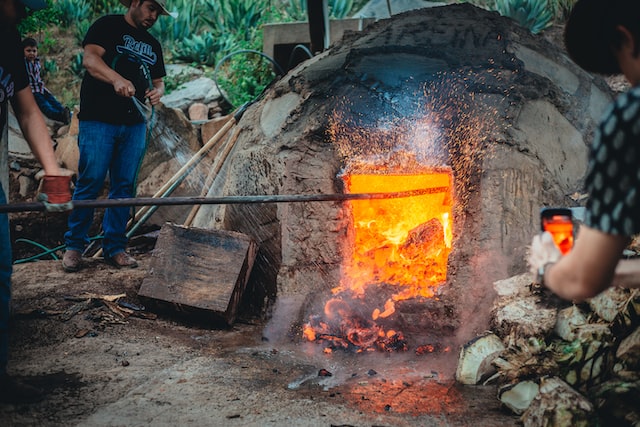
Mezcal is primarily produced using the maguey (agave) plant, which is native to Mexico and boasts a wide variety of species, each contributing its distinct flavor and aroma to the mezcal. The traditional production methods are passed down through generations, resulting in a distinct character and flavor that sets mezcal apart from other spirits. The region where mezcal is made also plays a role in determining its flavor profile, with Oaxaca being known for its smoky taste and Durango being recognized for its fruity and floral notes.
With over 30 different agave species used in mezcal production, selecting the right mezcal can be overwhelming for beginners. To guide you through this exciting and ever-evolving world, let’s take a closer look at the key factors that influence the quality and flavor of mezcal.
The flavor profile is the most critical aspect to consider when choosing a mezcal, with some offering a smoky taste while others are sweet, herbal, or earthy. The flavor is impacted by the type of agave plant used, the distillation process, and aging methods. Terroir, which refers to the unique environmental conditions where the agave is grown, including soil, climate, and altitude, also affects the mezcal’s flavor, aroma, and texture.
Aging can greatly impact the final product, with older mezcals having a more complex flavor profile due to aging in oak barrels, while younger mezcals have a fresher, straightforward taste.
Production and distillation are also significant factors in the mezcal-making process, with traditional mezcal being produced in small batches using traditional methods such as roasting the agave in a pit oven and traditionally distilled in copper or clay pots. On the other hand, modern mezcal production may utilize stainless steel during distillation.
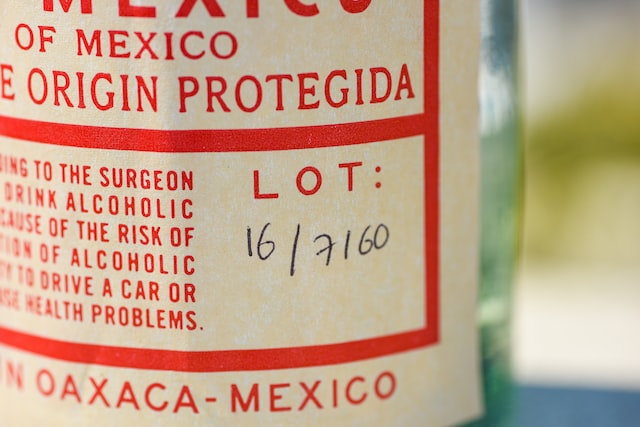
The brand and the mezcalero, or the producer, can also impact the quality of the final product. Some mezcaleros have generations of experience and a deep connection to their craft, while others may prioritize commercial production.
To make an informed decision and find the perfect mezcal for your taste preferences, it’s important to consider the flavor profile, terroir, aging, agave species, production and distillation methods, brand, and mezcalero. By understanding these key factors, you can embark on a journey through the captivating world of mezcal and taste the unique stories in every bottle.
